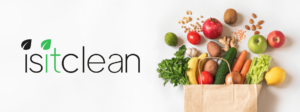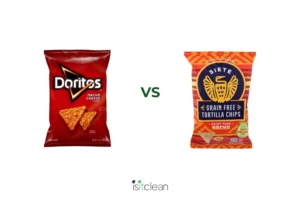
Acesulfame potassium is a zero-calorie sweetener that is added to many sugar-free…



Vegetable juice is the liquid extracted directly from fresh vegetables, typically through pressing, squeezing, or centrifugation. It contains the natural water-soluble components, including vitamins, minerals, and sugars, found in the original produce. In contrast, vegetable concentrates are produced by removing most of the water content from the juice, resulting in a denser, more concentrated form that can be reconstituted with water before consumption. Vegetable puree is made by blending or mashing whole vegetables into a thick, smooth consistency, retaining all the fiber components. Vegetable juice is commonly bottled as beverages or used in soups.

Vegetable juice contains many vitamins, antioxidants, and bioactive compounds. It has been associated with many health benefits, including improvements in parameters of cardiovascular health, improved microbiome, and increased antioxidant capacity. Consuming vegetable juice is a way to improve daily vegetable intake, however, it lacks the fiber that whole vegetables provide.
Health is like a bank account, certain ingredients make a deposit into your health bank, meaning they add to
your health. Certain ingredients withdraw from your health bank. We want health promoting ingredients in our diet. To keep things simple, we rate ingredients on a green, yellow, red scale:

It is naturally occurring in food and has no harmful effects on the body. It is real food. It is health promoting.

It goes into one or more of the below categories

It is known to have a harmful effect on the body (ex. All food colorings, Natural Flavors, MSG, Potassium bromate, aspartame, artificial flavors)



The Food Showdown: Popcorners flavors
Ingredient Rating: Canola oil – is it bad for you?
Clean Consuming: Nourishment for your

We have accomplished so much in just 1 year since our launch in March of 2023! We now have 10,000

The Nacho Chip Food Showdown, is Tapioca Starch safe in food? and a must-see documentary on America’s food system.
Stay in the know with the latest ratings, articles, and our newsletter, The Dirt.